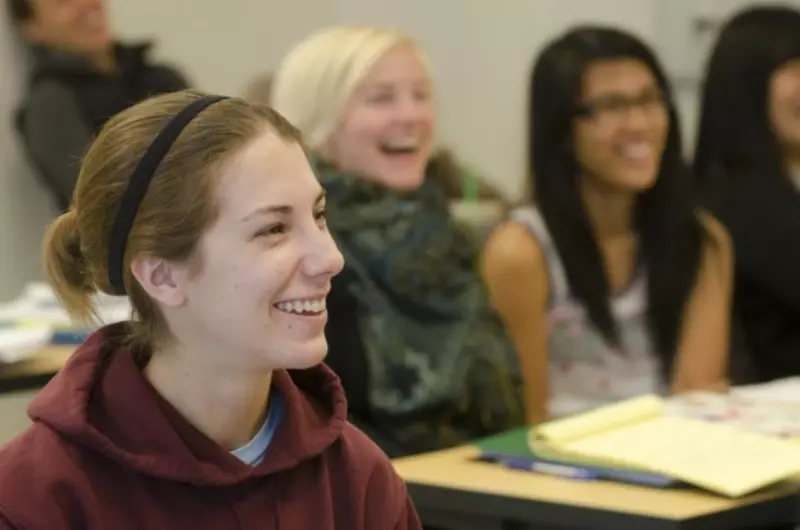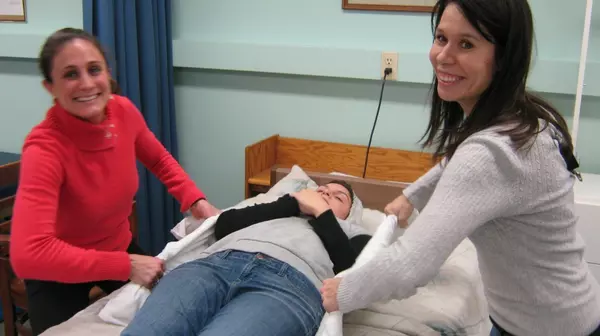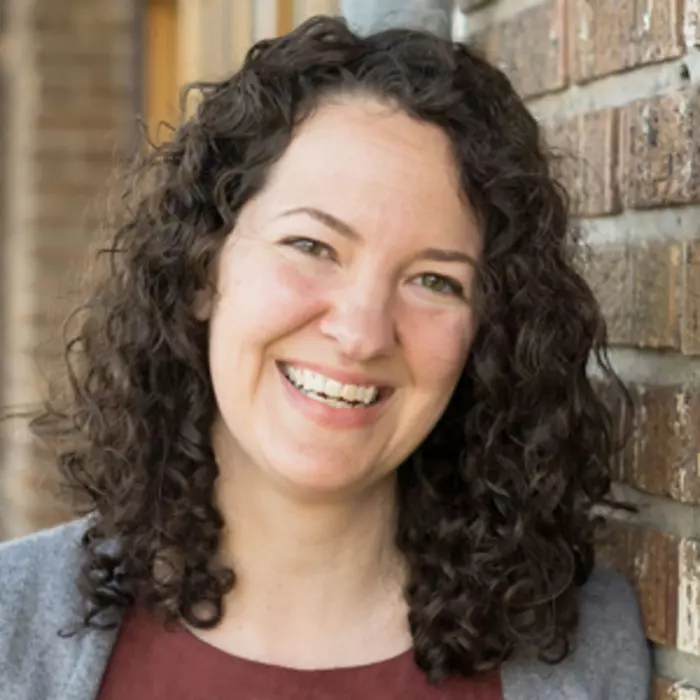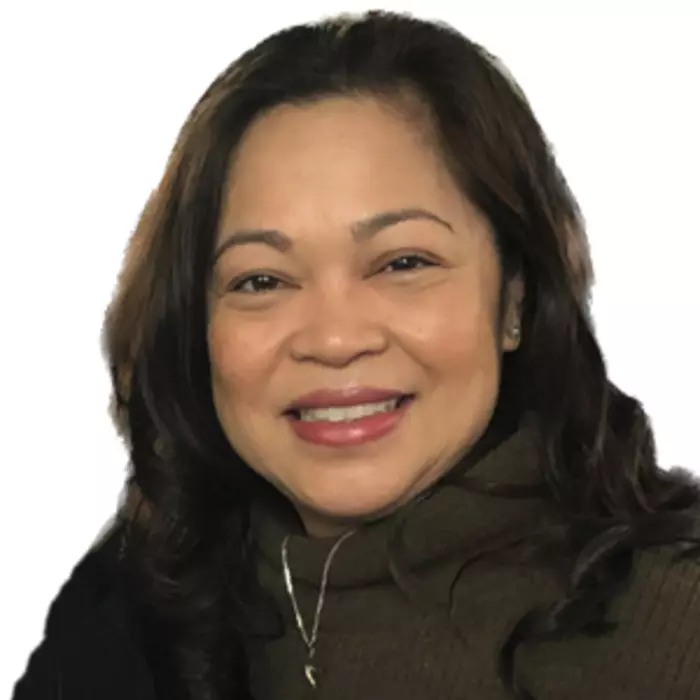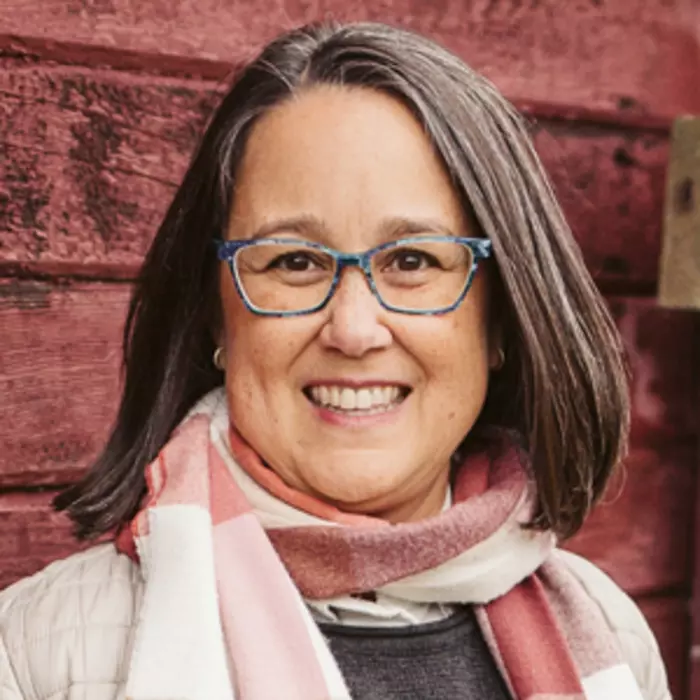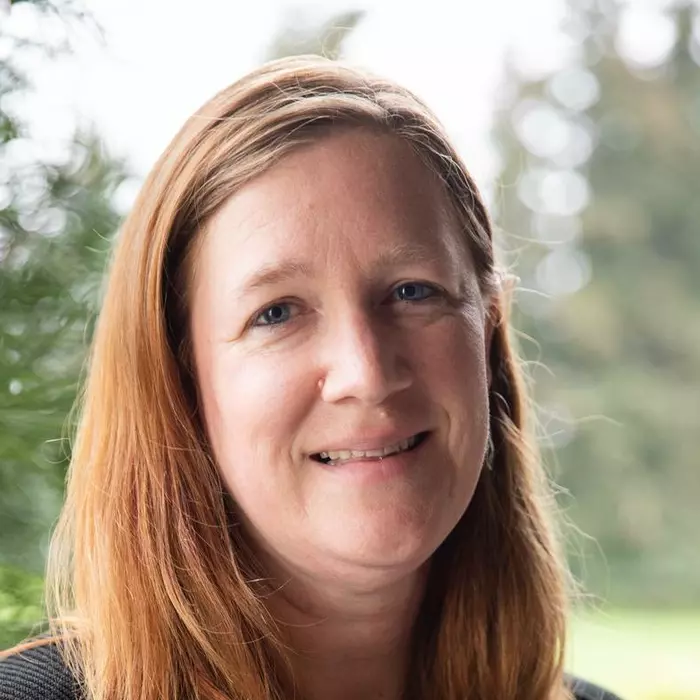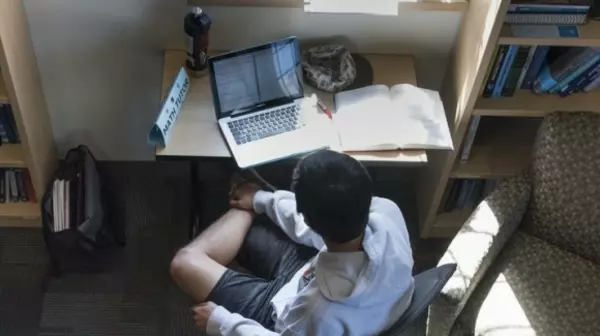Program Description
Established in 1944, the Puget Sound Occupational Therapy Program was the first of its kind in the region and is continually one of the top ranked programs in the Pacific Northwest. At Puget Sound the study of occupational therapy is enhanced by the liberal arts emphasis of the university. A collaborative yet academically rigorous environment nurtures students as they learn to think critically and analytically, develop professional values and goals, and become intellectually autonomous. Students benefit from high impact educational practices, innovative project opportunities, frequent experiential learning opportunities, and a curriculum that develops the professional reasoning skills essential for success in practice.
With more than 230 collective years of experience in occupational therapy practice and a dedication to teaching excellence, faculty members infuse class sessions with their clinical expertise, passion and commitment to student growth. Students engage with therapists from the local community through robust collaborative partnerships that underlie student research projects and the community-based and onsite clinical experiences.
Three programs are available:
- Entry-level Master’s Program (MSOT)
- Entry-level Doctorate Program (OTD)
- Post-professional Doctorate program (DrOT)
offered every 2-3 years

